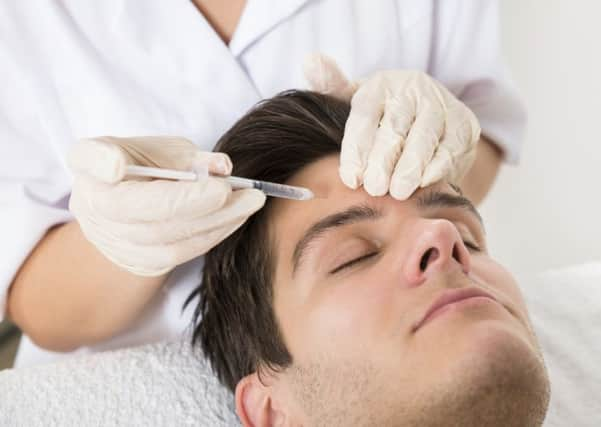Bad cosmetic surgeons risk being struck off under new standards


The guidance, set out by the General Medical Council (GMC), is binding on all doctors working in the cosmetic sector and applies to surgical and non-surgical procedures.
Everything from breast enlargements, nose jobs and facelifts to treatments like Botox and lip fillers will come under the new standards, which outline ethical obligations and the quality of care doctors must provide.
Advertisement
Hide AdAdvertisement
Hide AdPractitioners demonstrating a “serious or persistent failure” to comply will put their registration at risk.
The new rules, which come into force in June, also say advertising must be clear, factual and not use incentives such as cut-price deals. Doctors must also seek consent in person before operating, give patients time to change their mind and provide aftercare.
The move comes after a UK-wide review of the industry carried out in 2013 in the wake of the PIP breast implant scandal and a subsequent report by the specially commissioned Scottish Cosmetic Interventions Expert Group.
At least 45,000 cosmetic surgical procedures are carried out annually in the UK. But there has also been a steep rise in the number of botched operations being reported.
“Most doctors who practise in this area do so to a high standard but we do sometimes come across poor practice, and it is important that patients are protected from this and that doctors understand what is expected from them,” said Professor Terence Stephenson, chair of the GMC.
The GMC already publishes a list of registered medical practitioners, including their specialisms, but Prof Stephenson said the guidance should help drive up standards.
The scheme is backed by the Royal College of Surgeons (RCS), which has published its own professional guidance.
RCS vice president Stephen Cannon said: “The message to surgeons and doctors working in the cosmetic surgery industry is simple: if you are not working to the surgical standards we have set out today, you should not be treating patients at all.”